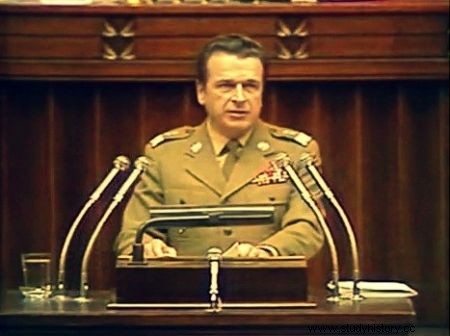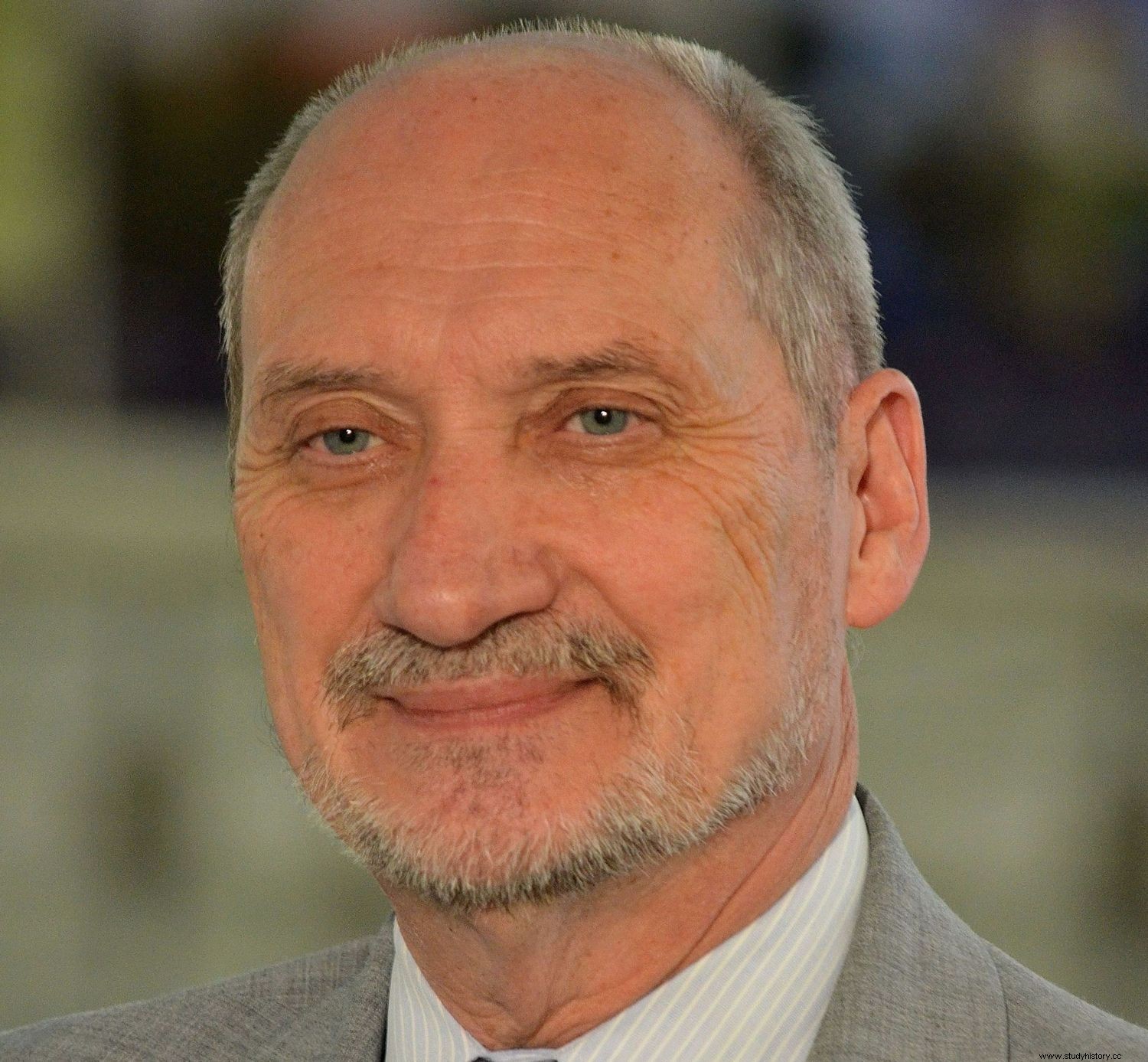A few days ago Maciej Gablankowski wrote about Kiszczak's team. The article sparked an avalanche of comments. Many of them concerned the further fate of the perky secret police officers. Has justice been done? Please judge for yourself.
The reward for loyal service to the communist system was often careers in diplomacy . Bogusław Stachura became the ambassador in Budapest in 1983. He died in 2008. He reached the rank of Major General. His dubious achievements include involvement in suppressing the protests in Radom and the preparation of martial law (he was the head of the so-called Operation Summer).
In the Third Polish Republic, he was accused of obstructing the investigation on the death of Stanisław Pyjas. One of the articles about his death was entitled "The main secretary of the People's Republic of Poland is dead." Despite his controversial past, no one blocked plans to bury him in the military Powązki . Stachura rested with the greatest Polish heroes.

The fate of Czesław Kiszczak in recent years needs no introduction. But how did his charges fare?
Another Major General, Władysław Pożoga, found an even more attractive post. From October 1989 to May 1991 he was the ambassador in Sofia.
His name appeared in the media for some time in the context of the book by Henryk Piecuch. This suggested that Pożoga had a lot of knowledge about the infiltration of Polish opposition groups by the KGB. The Conflagration himself firmly distanced himself from these innuendo. He claimed that the publication was never authorized by him.
No responsibility. No consequences
More than one book has been written about the fate of the duo Władysław Ciastoń and Zenon Płatek. Suffice it to say that from the charge of managerial agency in the murder of Fr. Jerzy Popiełuszko, both gentlemen were released by an independent court in 1994.

One of Czesław Kiszczak's associates rested in the military Powązki. Right next to the heroic participants of the Warsaw Uprising (photo:Monikoska; license CC BY-SA 3.0).
Józef Chomętowski was one of the younger members of the team. It was not until 1965 that he joined the Ministry of the Interior. He had a brilliant career in the judiciary. He became a military prosecutor at 19 . It can be assumed that not because of the extraordinary broad legal knowledge. This is confirmed by Chomętowski himself.
During trials for illegal detention under the Stalinist regime, he declared that during this period he had to blindly follow the orders of his superiors. The Warsaw Military Garrison Court released Chomętowski from the charges. It was during one of the hearings before that court that the journalist and victim of Stalinist repressions Tadeusz M. Płużański heard from the court staff that he should "leave the elderly gentleman alone".

Did what he was supposed to do
Colonel Henryk Walczyński was the most important opponent of KOR in the security service. Andrzej Friszke writes about it in detail in his book "The Solidarity Revolution" . Walczyński died in 2013 at the age of 85. Unlike his colleagues, little is known about his activities in free Poland.
Zdzisław Sarewicz is the only one of Kiszczak's close team, who remained in the special services in the 3rd Republic of Poland . Krzysztof Kozłowski spoke about it in an interview for Tygodnik Powszechny:
I sent him to Moscow. He had been there for several years and was doing what he was supposed to do. He served the Republic of Poland. If I had sent a 30-year-old from WiP, one of the few who came to the Ministry of the Interior with me, not much would have been done.
When Antoni Macierewicz later became a minister and accused me of the fact that the former SB general was still in Moscow, I asked him to see what Sarewicz was doing. Macierewicz watched and agreed with me. (quote after: Could it be otherwise? , "Tygodnik Powszechny").

Antoni Macierewicz agreed with Krzysztof Kozłowski that Sarewicz was needed at the Moscow post (photo:Adrian Grycuk, license CC BY-SA 3.0 pl).
Lots of suspicion. Few replies
The most interesting, however, is the fate of Józef Sasin. The same one that was supposed to be taken over by "Solidarity" . After 1990 he went into business. The murdered Police Commander Marek Papała stayed in his apartment on the day of his death. There he met with Edward Mazur, suspected of issuing the liquidation order.
Józef Sasin issued a special statement on this matter. He stated sharply: Connecting me with the activities of the criminal world is especially offensive and harmful to me ( Rychlik and Sasin deny Gazeta Wyborcza).
It is certain that both he and Mazur are the last whom Marek Papała saw on the day of his death. Unless, of course, he could see the face of his murderer as well.
A new look at the fall of the regime:
